Ties: New ambassador seen as 'important bridge'
As Xie Feng arrived in the United States to assume his new post as China's 12th ambassador to the world's largest economy, observers said Washington should offer not just due hospitality, but also more sincerity for repairing the strained bilateral ties.
Beijing has shown a readiness to step up exchanges between the two countries and to bring their ties back on track, with the new ambassador making a number of remarks and issuing messages and letters upon his arrival in New York and in Washington, analysts said.
Xie was formerly the vice-foreign minister in charge of affairs related to North America and Oceania. His predecessor in Washington is current State Councilor and Foreign Minister Qin Gang, who completed his ambassadorial tenure and returned to China in January.
Speaking to the media at John F. Kennedy International Airport in New York on Tuesday, Xie said he will "safeguard the interests of China" and "enhance China-U.S. exchanges and cooperation" as a representative and envoy of the Chinese people.
After arriving in Washington on Tuesday night, the new top envoy to the U.S. spoke to media from both nations, noting that "obviously there are profound differences between the two countries", and the ties have "once again come to a historical crossroads".
"We should make the two peoples feel assured and set the world at ease," Xie said, vowing extensive engagement and communication with all walks of life in the U.S..
In a letter to fellow compatriots in the U.S. on Tuesday, Xie said, "We are committed to the three principles of mutual respect, peaceful coexistence and win-win cooperation put forward by President Xi Jinping, and wish to work with the U.S. to explore the right way for the two countries to get along in the new era."
Matthew Miller, a spokesman for the U.S. State Department, said at a news briefing on Tuesday that "the United States welcomes the arrival" of Xie and looks forward to working with him and his team.
Foreign Ministry spokeswoman Mao Ning said on Wednesday, "The ambassador is an important bridge and bond for communication and cooperation between China and the U.S., and it is hoped that the U.S. could offer support and convenience for Ambassador Xie Feng in fulfilling his duty."
Mao underlined the significance of the two-way relations to both nations and the world, and she urged the U.S. to "work toward the same goal with China, strengthen dialogue, manage and control divergences, advance cooperation, and push the China-U.S. ties back onto the track of sound and steady development".
Observers noted that Xie has arrived in the U.S. at a time when the bilateral ties continue to suffer tension, which worsened earlier this year after Washington hyped the incident involving an unmanned Chinese airship that strayed into U.S. airspace and made further provocations to stir up the Taiwan Strait situation.
Wu Xinbo, dean of Fudan University's Institute of International Studies, said recently that Washington has sent some positive signals for improving political, economic and trade ties with China, yet "it remains to be seen how far and how sincerely the U.S. will go in this regard".
"China-U.S. ties are still undergoing fluctuations at a low, because Washington has constantly been making problems and trouble, leading to friction and conflicts," he said.
Wu noted that Xie "has worked on dealing with China-U.S. ties for 30 years and has experienced both the rosy and bumpy periods of the relations. … Given the complicated, strained ties, such experience will be a very important asset to his future interaction with Washington on behalf of China."
Xie has been a key participant in and witness to recent high-level bilateral meetings between Beijing and Washington, experts said.
Su Xiaohui, an associate research fellow at the China Institute of International Studies, said the comments made by Xie upon his arrival in New York and in Washington "reflect the great complexity of the relations and Beijing's proactive role in shaping the relations", and Xie's new post is "part of the proactive efforts".
Xie's new job comes at a time when Washington "has gone to extremes recently in suppressing and coercing China, such as its utilizing the recently concluded G7 summit as a tool for strategic competition", Su said.
"The U.S. knows clearly that China will not easily make concessions despite its open attitude toward communication with the U.S., and China surely will take countermeasures if the U.S. continues stepping up pressure and damaging China's national interests," she added.









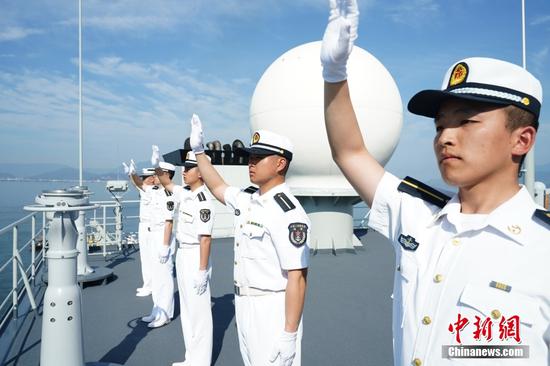
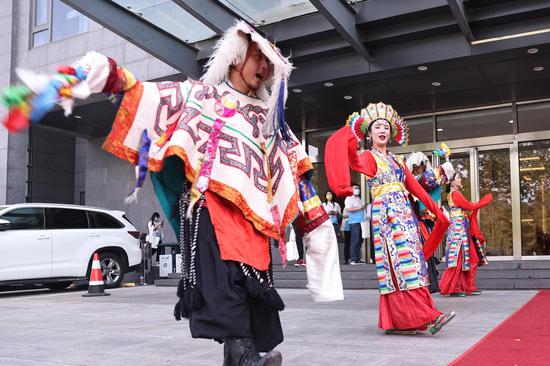




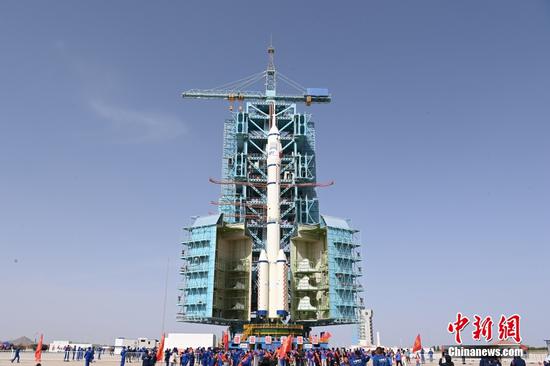
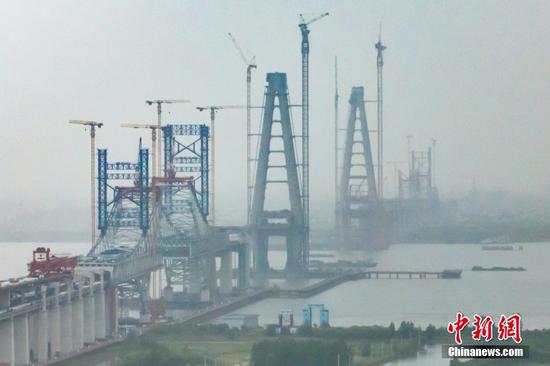
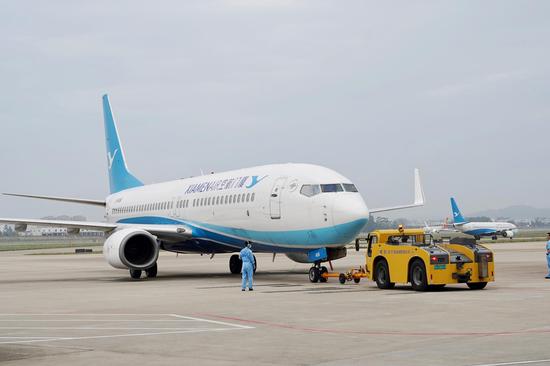
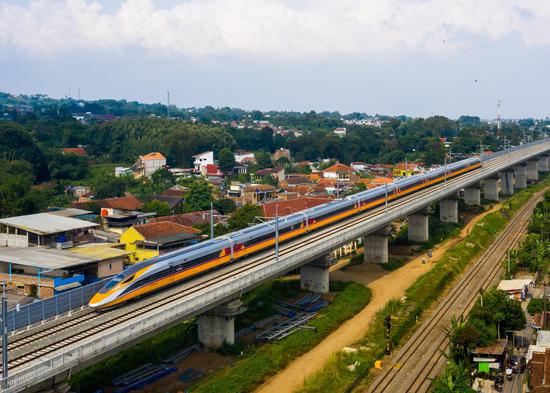
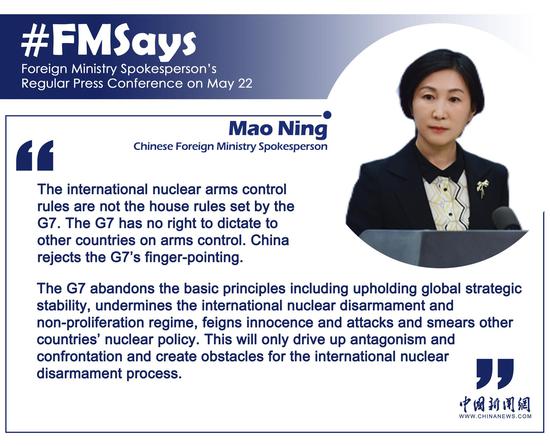

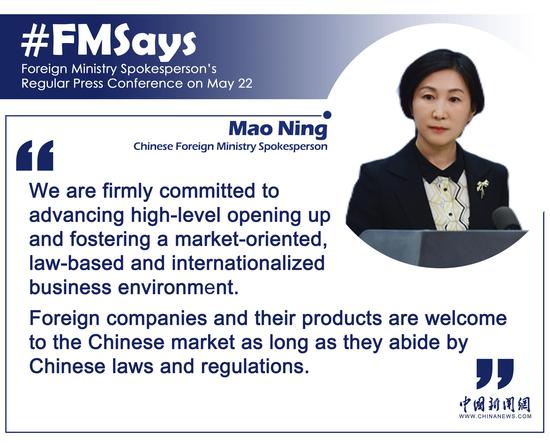
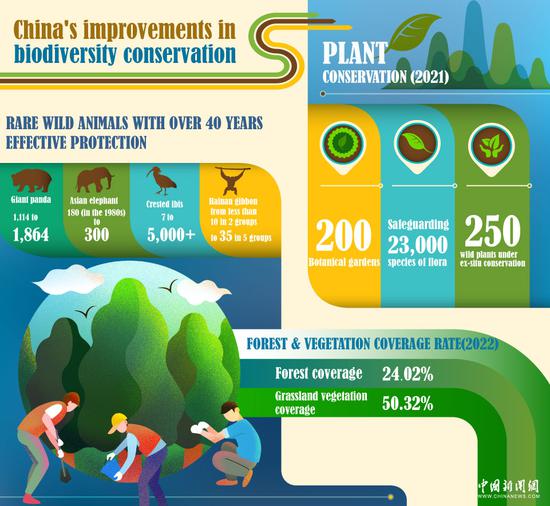
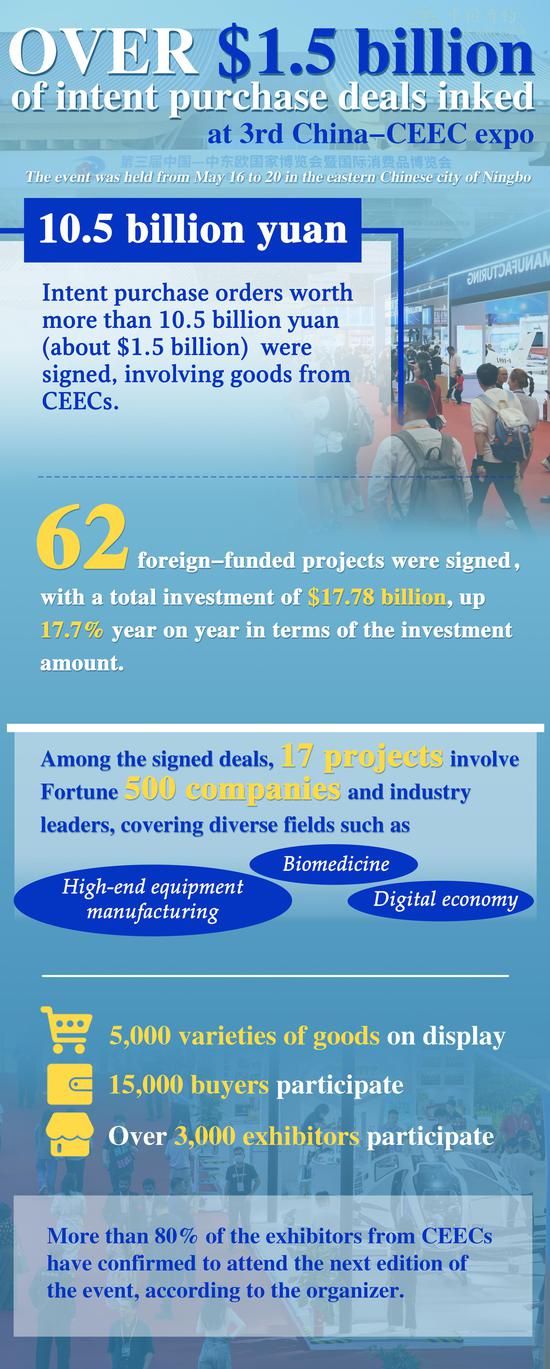


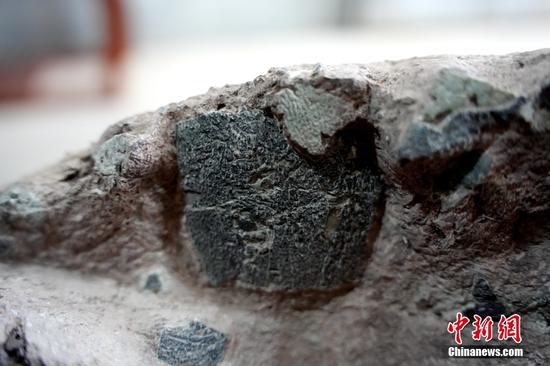

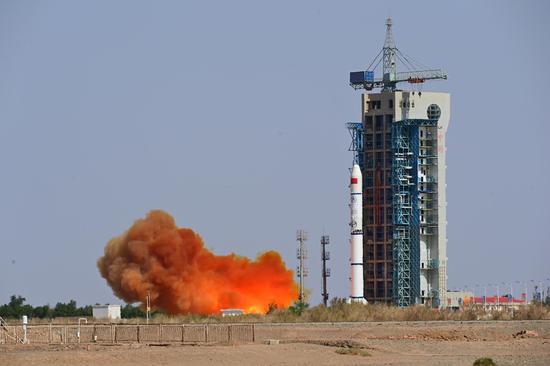

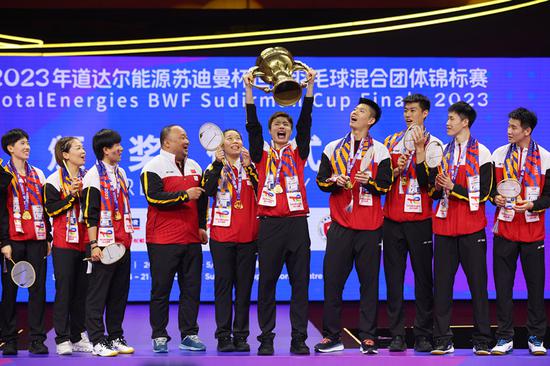
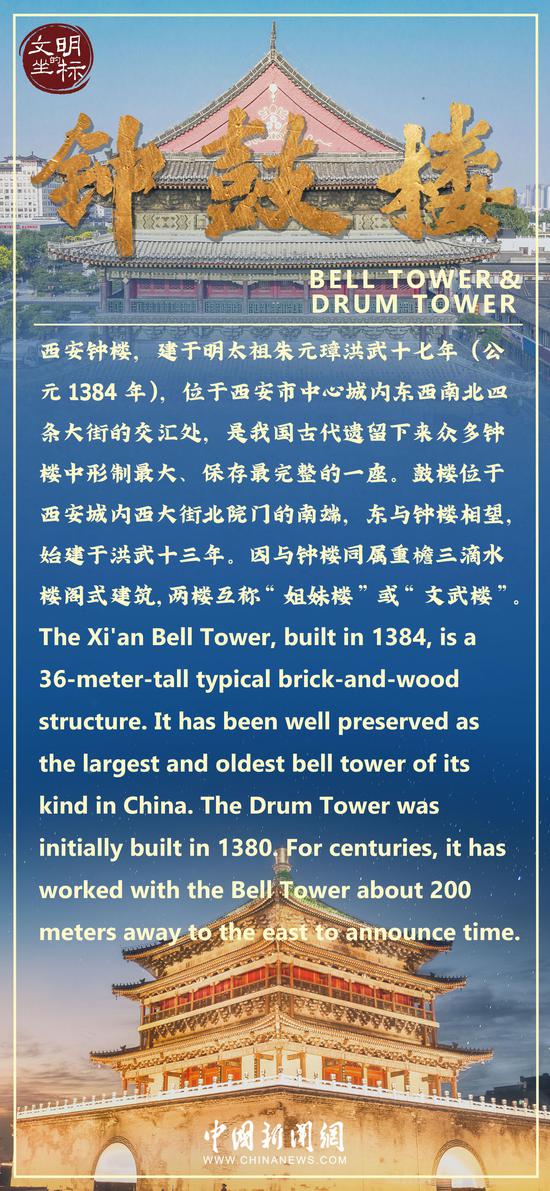
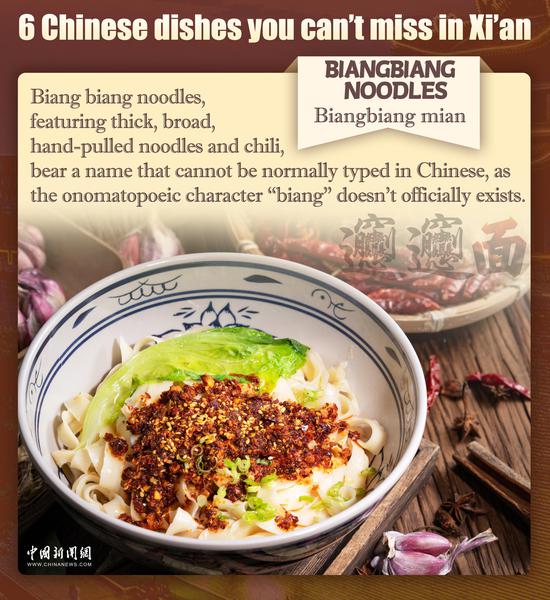


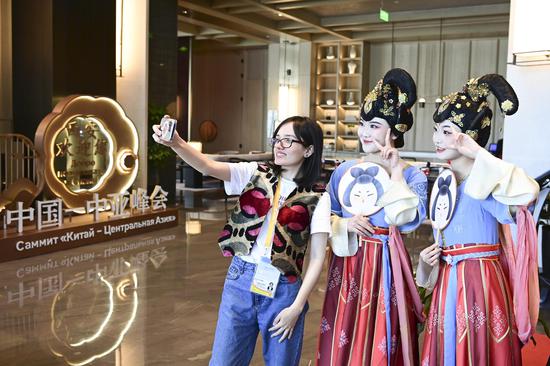
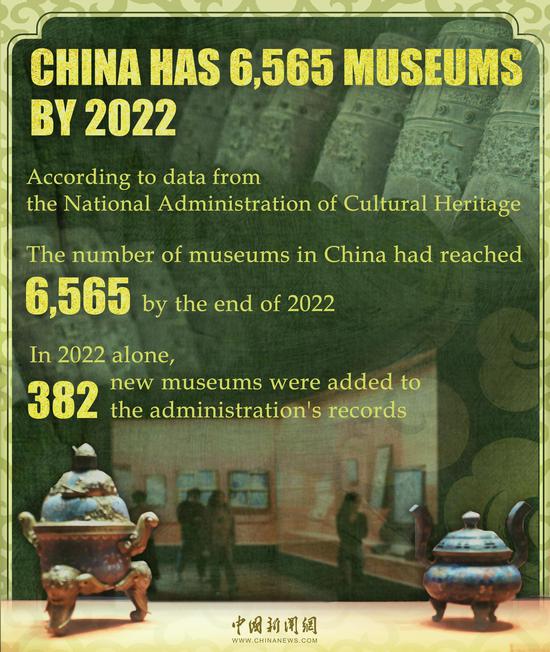

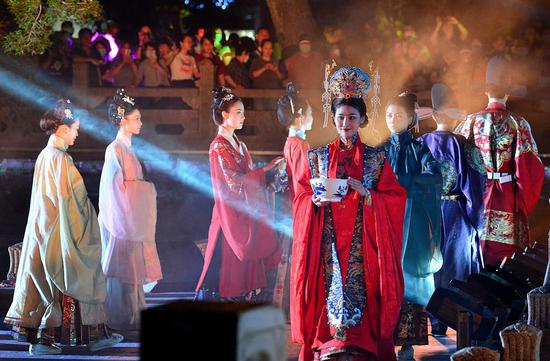
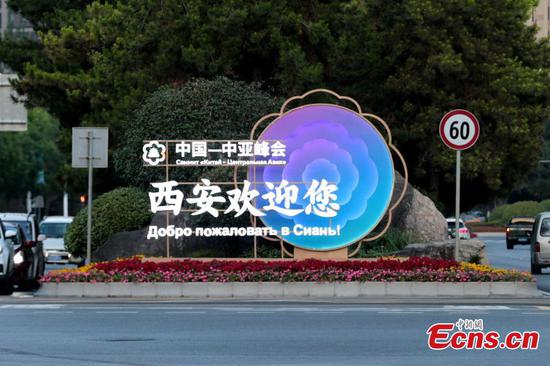


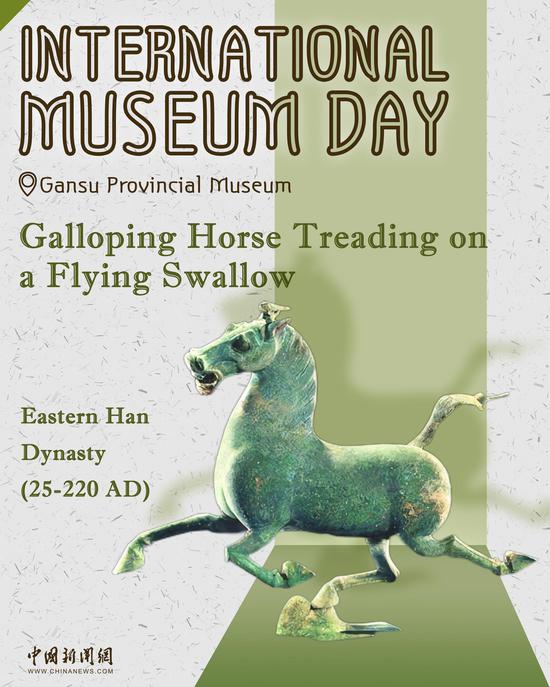
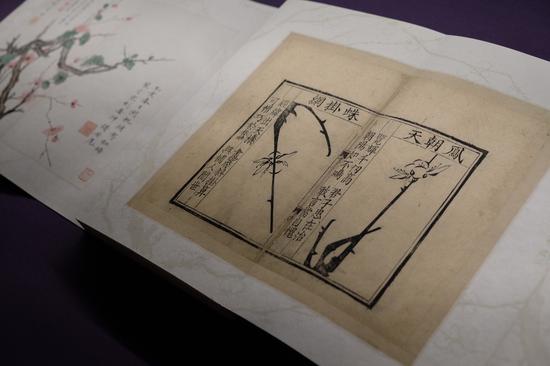
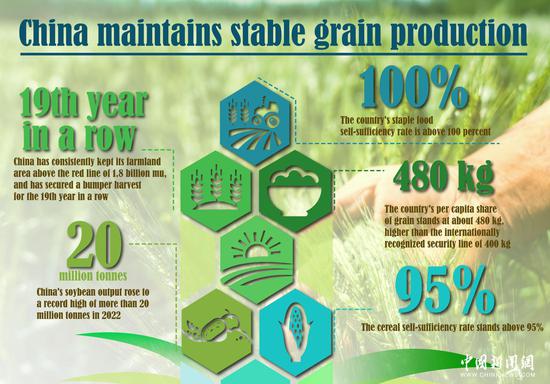





 京公网安备 11010202009201号
京公网安备 11010202009201号